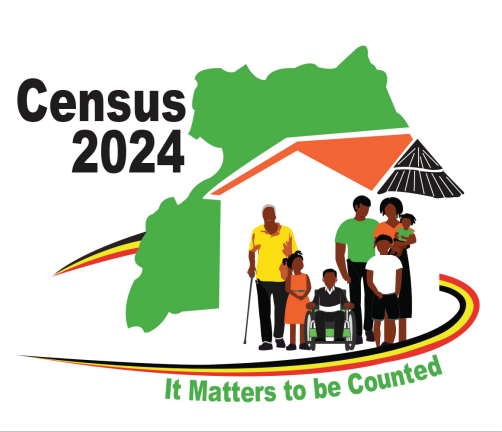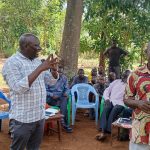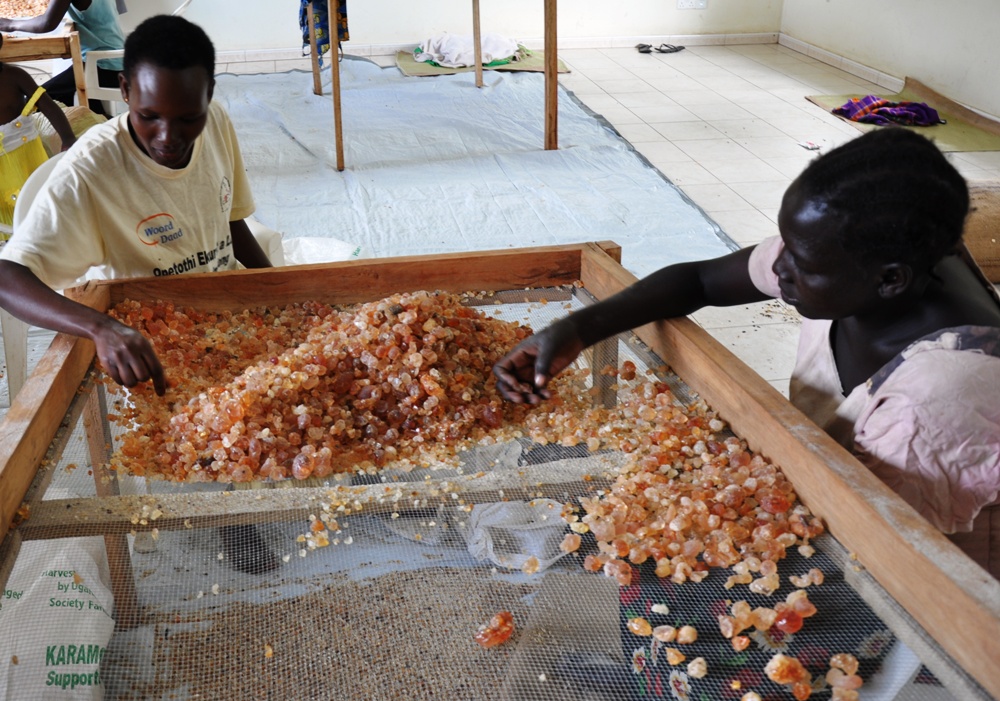The Uganda Bureau of Statistics (UBOS) has recently unveiled the main findings of the 2024 National Population and Housing Census.
This comprehensive report offers actionable insights into the country’s socio-economic challenges and provides a clear framework for targeted government interventions. Some of the key areas that the report recommended for attention include; such as healthcare, food security, education, employment, urban development, and data governance, these recommendations have the potential to transform Uganda’s development course.
One of the most pressing issues identified by the census is the critical gap in access to healthcare and social services, particularly among vulnerable populations. The maternal mortality ratio of 207 per 100,000 live births and the under-five mortality rate of 46 per 1,000 live births highlight an urgent need for intervention.
Recommendations include expanding healthcare infrastructure in underserved regions, increasing the number of skilled healthcare workers, particularly in maternal and child health services, and enhancing the availability of affordable health insurance to reduce out-of-pocket healthcare expenses. These measures aim to build a strong healthcare system that leaves no one behind.
Food insecurity is another challenge, with 46% of households experiencing moderate or severe food insecurity. UBOS emphasizes the importance of diversifying crop production to improve resilience to climate shocks, providing subsidies and financial support to smallholder farmers, and establishing a national food reserve to mitigate future shortages. These steps are essential not only for reducing hunger but also for strengthening Uganda’s agricultural sector, which remains a keystone of the economy.
Education and youth empowerment emerged as critical areas for action. The census findings indicate that only 50.6% of pre-school-age children are enrolled in early education programs, and 50.9% of youth aged 18–30 are not engaged in education, employment, or training. To address these challenges, UBOS recommends expanding access to Universal Primary and Secondary Education programs, investing in vocational training aligned with market demands, and tackling barriers to female education, including early marriage and gender-based violence. Empowering Uganda’s youth through education and skill development is essential for harnessing the demographic dividend and driving sustainable development.
Employment opportunities remain scarce, with an unemployment rate of 12.6% disproportionately affecting women and youth. UBOS proposes stimulating job creation through investments in infrastructure and industry, fostering entrepreneurship by improving access to credit and training, and implementing labor market reforms to safeguard workers’ rights and promote fair wages. These strategies aim to create a dynamic labor market that can absorb the growing workforce and reduce inequality.
The rapid pace of urbanization, particularly in Kampala and Wakiso, calls for sustainable urban development initiatives. The census highlights the need for affordable housing projects to alleviate overcrowding, improved municipal services such as waste management and public transportation, and enhanced urban resilience to climate change through green infrastructure. If these are addressed, Uganda can ensure that its cities become engines of economic growth and hubs of innovation.
The success of these interventions hinges on improving data systems and governance. The 2024 digital census demonstrated the potential of technology in data collection and analysis. UBOS advocates for institutionalizing regular updates to population data, training government agencies in advanced data management systems, and fostering transparency and accountability in the use of census data for policy-making. Strengthening these systems will ensure that future decisions are grounded in accurate and timely information.
The implications of the 2024 Census findings for government action are profound. However, implementing these recommendations will require coordinated efforts across ministries, local governments, and development partners, as well as innovative funding solutions like public-private partnerships and international donor support.
In an addition to the inter-agency coordination is the alignment of anti-corruption efforts which have the probability to create synergies that will mutually benefit the continued growth and development of the local economies in relation to the growing population.
KIIZA ANDREW – MPM
The Writer is a policy analyst and farmer.




















